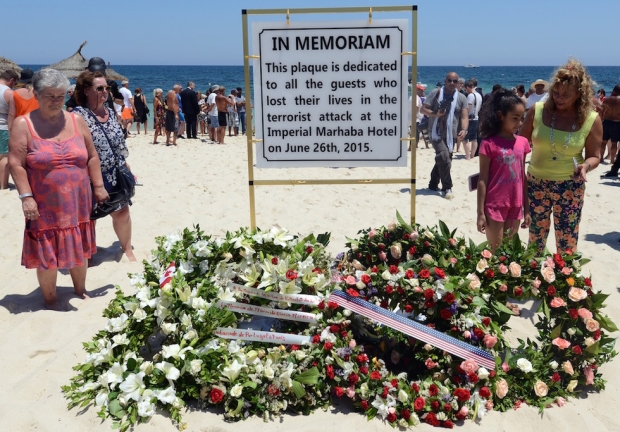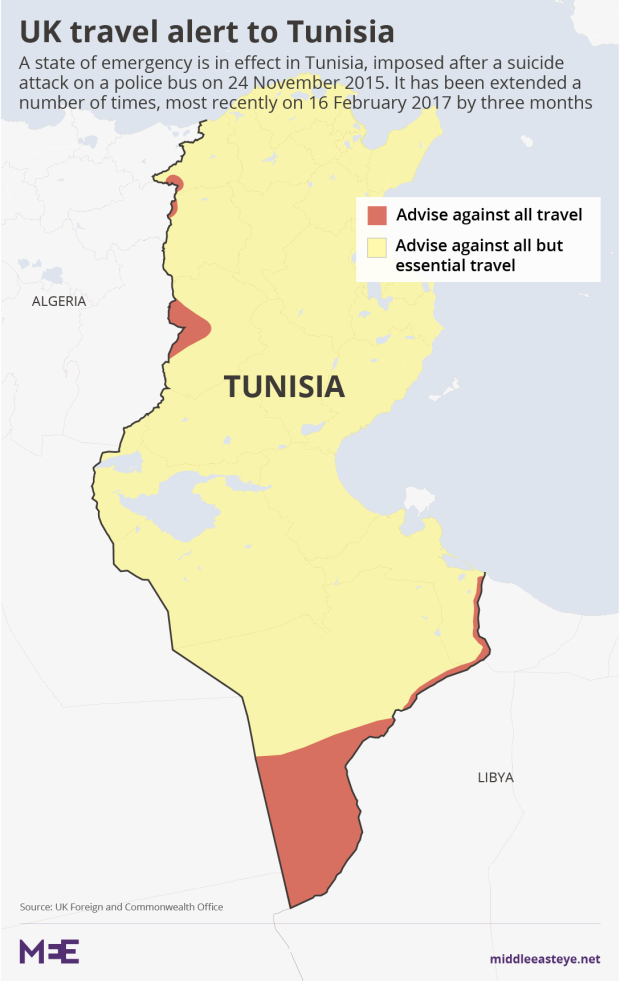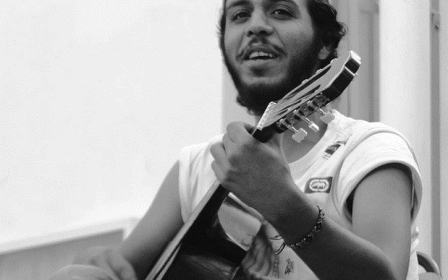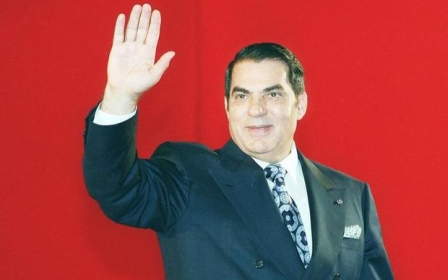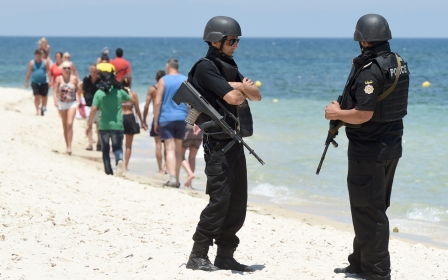'Cowardly' Tunisian police condemned by UK inquest into 2015 Sousse attacks
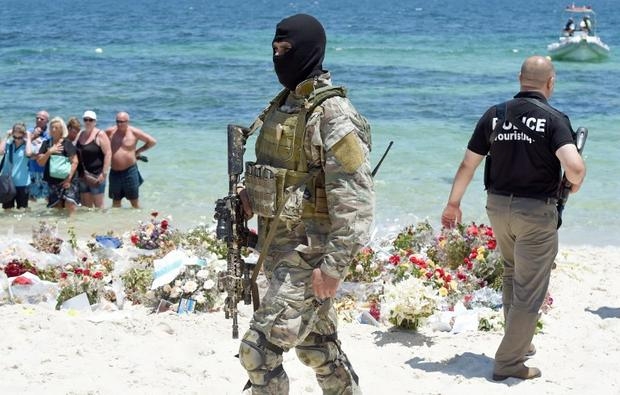
A UK coroner has branded "cowardly" and "shambolic" the response by Tunisian police during the killing of 38 citizens in a mass shooting in the resort of Sousse in June 2015.
Speaking at an inquest into the shooting at the beach resort, claimed by the Islamic State group, Judge Nicholas Loraine-Smith ruled out a verdict of neglect for the travel company who booked the holiday, which saw the deaths of 30 British citizens.
Travel company Tui, which owns Thomson holidays - through which the 30 UK victims booked their trip – has come under pressure over its handling of the UK Foreign Office's travel advice for Tunisia. Lawyers for the families accused the company of burying warnings about potential terror attacks in the north African country.
The coroner said at the reading of the verdict that the families of the victims had "shown a quiet dignity of which your loved ones would be proud" and described the response of the Tunisian security services as "at best shambolic, at worst cowardly".
After carrying out the killings, gunman Seifeddine Rezgui was shot dead by Tunisian police.
The judge said although in general the response of the hotel staff was "disorganised and chaotic" some of them displayed "conspicuous personal courage" in their efforts to protect the guests.
But he described one police officer as having had "fainted through terror and panic" and another as having taken off his shirt to hide the fact he was an officer.
He added that with the exception of two marine guards, no police entered the hotel grounds until the gunman had killed all 38 tourists.
"They had everything they required to confront the gunman and could have been at the scene within minutes," he said, adding: "The delay was deliberate and unjustifiable."
Security failings around resort
The inquest heard that the travel company, which in the year to September made an underlying profit of $1.06bn, sold customers travel insurance that would not cover losses if their trip was cancelled due the threat from terror attacks.
Lawyers for Tui said that the responsibility for the tourists' safety lay with local security services.
In January, the inquest found that a report in January 2015 had found serious security failings around the resort and that Tunisian authorities had failed to adequately respond to reports of the attack.
Andrew Ritchie, a lawyer who represents 20 victims' families, read extracts from the 2015 report at the hearing in the Royal Courts of Justice in London.
"There seems to be little in the way of effective security to prevent or respond to an attack" from the beach, the lawyer quoted the report as saying.
The report included the Riu Imperial Marhaba Hotel where Rezgui killed 38 people including 30 Britons and three Irish citizens.
The area had previously been targeted by a suicide bomber in October 2013, who had killed only himself and had accessed one of the hotels from the beach.
Jane Marriott, a Foreign Office official, said there was "little public desire for a more intrusive police presence" in Tunisia following the overthrow of its authoritarian regime in a popular revolt in 2011.
"This made it difficult for the authorities to be proactive with security," she said.
Tunisian ambassador: Unfair to blame police
Samantha Leek, the main lawyer at the inquest, said a report by a Tunisian judge had identified failings by local security units which could have ended the attack before more police arrived and killed Rezgui.
"He said the units that should have intervened in the events deliberately and unjustifiably slowed down to delay their arrival at the hotel," she said.
"They had the ability to put an end to the attack before the police arrived but wasted a considerable amount of time in getting to the hotel," she added.
'How can you imagine that police deliberately wanted people to die?'
- Nabil Ammar, Tunisian ambassador to the UK
However, the Tunisian ambassador to the UK, Nabil Ammar, told the BBC on Tuesday that his country had been unprepared for the attack and it was unfair to blame local police.
"How can you imagine that police deliberately wanted people to die?" he asked the Today programme.
He added that "Tunisia is as safe as London."
Judge Nicholas Loraine-Smith suggested last Thursday that he intended to present a short-form conclusion of unlawful killing prior to delivering a factual narrative briefing.
But he has also said it would fall outside his remit to make judgements or give opinions and warned families the final day could be "a bit of an anti-climax" for them.
Since the 2011 uprising that toppled long-time dictator Zine El Abidine Ben Ali, Tunisia has been battling a militant movement that has killed dozens of soldiers and police officers as well as civilians including 59 foreign tourists.Some 3,000 Tunisians have joined the ranks of militant groups fighting in neighbouring Libya, as well as IS in Syria and Iraq, according to officials. The United Nations puts the figure at 5,000.
Tunisia's government said in January that it had jailed or closely monitored 800 militants who had returned from foreign battlefields.
New MEE newsletter: Jerusalem Dispatch
Sign up to get the latest insights and analysis on Israel-Palestine, alongside Turkey Unpacked and other MEE newsletters
Middle East Eye delivers independent and unrivalled coverage and analysis of the Middle East, North Africa and beyond. To learn more about republishing this content and the associated fees, please fill out this form. More about MEE can be found here.


